International Centre for STEM Education (ICSE)
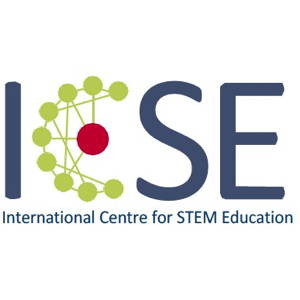
|
Dit centrum voor de (didactiek in de) bètavakken is gehuisvest in Freiburg (Duitsland) en is in feite een netwerk van Europese partners. |
De centrale doelstelling is het bijeenbrengen van onderzoekers en beleidsmakers op het gebied van van de bètavakken (po, vo, mbo). Concreet wordt samengewerkt door middel van:
- project-aanvragen
- nieuwsbrief
- conferenties (o.a. Educating the Educators)
Met deze middelen wordt actief samengewerkt om:
- leerlingen/studenten inzicht te geven waar het binnen wiskunde en science om gaat (wat moet je kennen en kunnen)
- te werken aan de verbetering van de resultaten van leerlingen/studenten
- het onderwijs in wiskunde en science voor iedereen toegankelijk te maken
- jonge mensen enthousiast te maken voor wiskunde en science in het kader van hun beroepskeuze
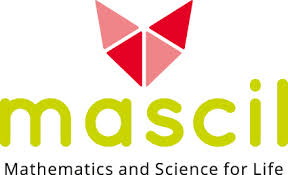
|

|

|
 |

|
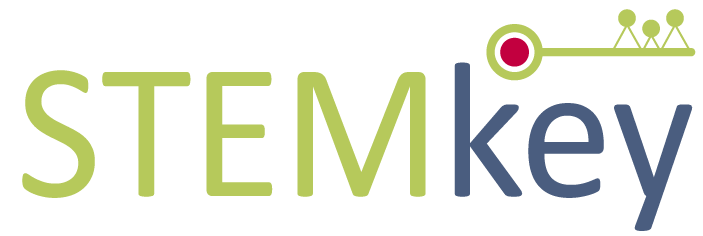
|
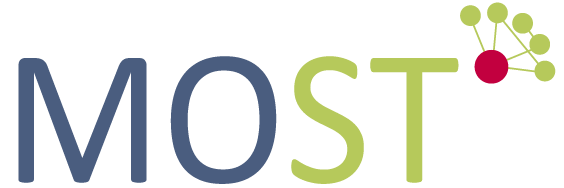
|
3C4Life |
Het idee van deze groepen (van onderzoekers van de verschillende ICSE partners) is voornamelijk collegiale uitwisseling en samenwerking rondom onderzoek, samen schrijven van een artikel, en ook voorbereidend werk voor onderzoeksvoorstellen.
| Austria | University of Innsbruck |
| Bulgaria | Institute of Mathematics and Informatics at the Bulgarian Academy of Sciences |
| Cyprus | University of Nicosia/Cyprus |
| Czech Republic | University of Hradec Králové |
| Germany | Pedagogische Hochschule Freiburg |
| Greece | National and Kapodistrian University of Athens |
| Lithuania | Vilnius University |
| Malta | University of Malta |
| Netherlands | University of Utrecht, Freudenthal Institute |
| Norway | Norwegian University of Technology |
| Slovak Republic | University of Constantine the Philosopher Nitra |
| Spain | University of Jaen |
| Turkey | Haceteppe University |
Inmiddels is er een ruime Verzameling vraagstukken (nederlandstalig) ontstaan. Van deze versies bestaan ook engelstalige versies.
- Akkerman, S. F. and Bakker, A. (2011). Boundary Crossing and Boundary Objects Review of Educational Research, 81(2), 132-169. 10.3102/0034654311404435
- Bakker, A., Wijers, M., Jonker, V. and Akkerman, S. F. (2011). The nature and purposes of measurement in intermediate-level occupations (PDF) ZDM International Journal on Mathematics Education, 43(5), 737-746. 10.1007/s11858-011-0328-3
- Doorman, M., Drijvers, P., Dekker, T., Van den Heuvel-Panhuizen, M., De Lange, J. and Wijers, M. (2007). Problem solving as a challenge for mathematics education in The Netherlands (PDF) ZDM International Journal on Mathematics Education, 39(5-6), 405–418
- Doorman, M., Drijvers, P., Gravemeijer, K., Reed, H. and Boon, P. (2013). Design Research in Mathematics Education: The Case of an ICT-rich Learning Arrangement for the Concept of Function (PDF). In T. Plomp and N. Nieveen (Eds.), Educational design research (Vol. Part B: Illustrative cases, pp. 425-446). Enschede: SLO.
- Hoyles, C., Noss, R., Kent, P. and Bakker, A. (2013). Mathematics in the Workplace: Issues and Challenges . In A. Damlamian, J. F. Rodrigues and R. Strässer (Eds.), Educational interfaces between mathematics and industry: report on an ICMI-ICIAM-study (pp. 43-51). Wien: Springer.
- Maass, K. and Doorman, M. (2013). A model for a widespread implementation of inquiry-based learning ZDM International Journal on Mathematics Education, 2013. 10.1007/s11858-013-0505-7
- Prins, G. T., Bulte, A. M. W., Van Driel, J. H. and Pilot, A. (2009). Students’ involvement in authentic modelling practices as contexts in chemistry education Research in Science Education, 39, 681-700
- Savelsbergh, E. R., Prins, G. T., Rietbergen, C., Fechner, S., Vaessen, B. E., Draijer, J. M. and Bakker, A. (2016). Effects of Innovative Science and Mathematics Teaching on Student Attitudes and Achievement: A Meta-Analytic Study (PDF) Educational Research Review, 19, 158-172. 10.1016/j.edurev.2016.07.003
- Swan, M., Pead, D., Doorman, L. M. and Mooldijk, A. (2013). Designing and using professional development resources for inquiry based learning (PDF) ZDM International Journal on Mathematics Education, 45(7), 945-957. 10.1007/s11858-013-0520-8
- Van der Wal, N., Bakker, A. and Drijvers, P. (2017). Which Techno-mathematical Literacies Are Essential for Future Engineers? (PDF) International Journal of Science and Mathematics Education, 15(S1), 87-104. 10.1007/s10763-017-9810-x
Afgesloten projecten

|

|

|
 |
| Mascil | MaSDiV | STEM PD net | Inclusme |
MaSDiV (2017-2020) is a high-level research and evaluation project involving leading STEM education institutes from across Europe and 11 Ministries of Education. A course for STEM teachers to better equip them to promote science and mathematics literacy for all students (including disadvantaged students from diverse cultural and social backgrounds) together with the learning of fundamental values will be widely implemented and rigorousely evaluated in a multimethod research design. In this policy experimentation measure (funded within Erasmus+ Key Action 3) the aim is to scale-up successful measures across Europe.
IncluSMe (2016-2019) focusses on the initial education of teachers and pursues a highly innovative approach to link STEM education with intercultural learning so as to better prepare teachers for culturally diverse classrooms. The project will produce ready-to-use modules lecturers in teacher education degree programs can easily integrate into their lecture program. The project will also promote first-hand international experiences of future STEM teachers through summer schools.
STEM PD Net (2016-2019) is an Erasmus+ project to strengthen European collaboration and exchange among STEM Professional Development Centres in Europe. Core aims are to provide selections of STEM PD materials of the highest quality and professional development guidelines which are suitable for use across Europe, to reflect and promote the organizational development of the Centres in each national context, and to strengthen the voice of these Centres across Europe.
Program van 18 januari.
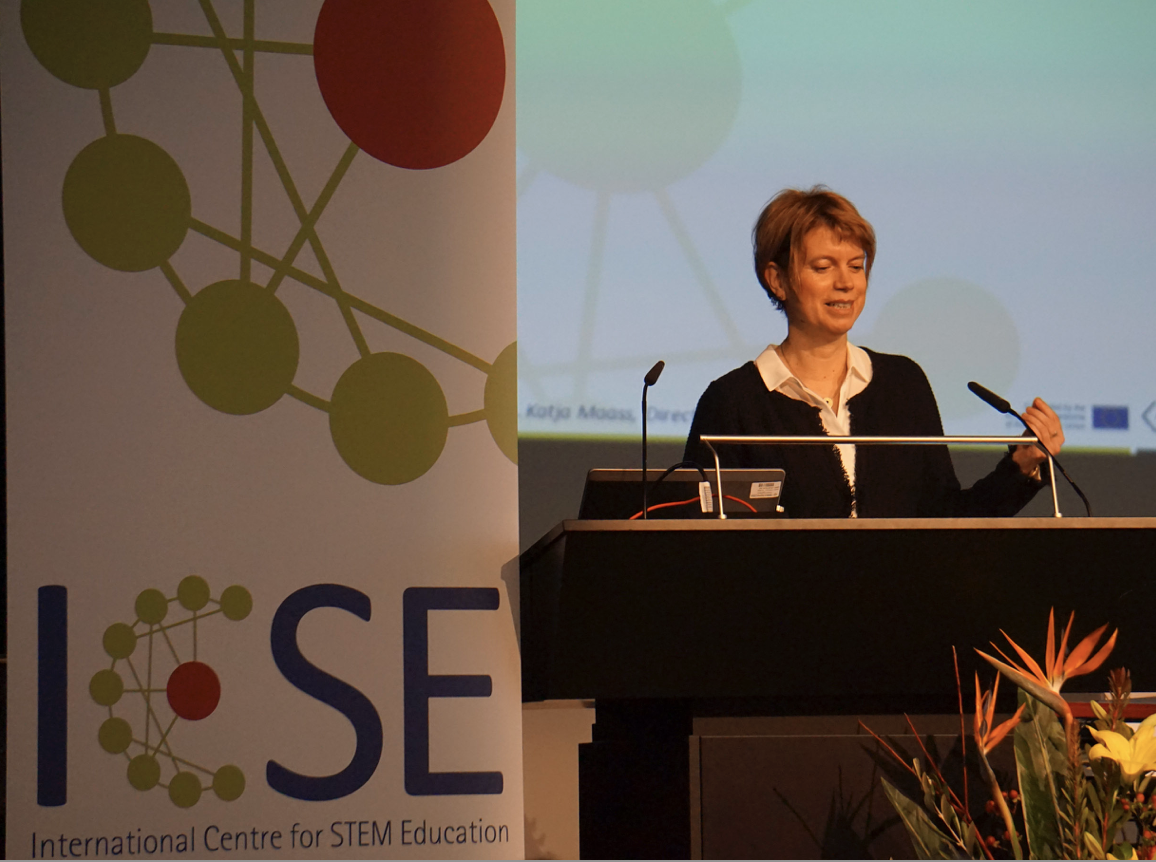
Katja Maass, Pädagogische Hochschule, Freiburg
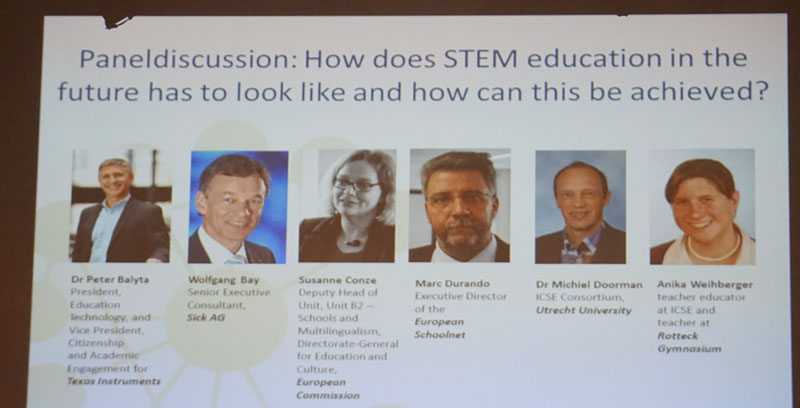
Paneldiscussie
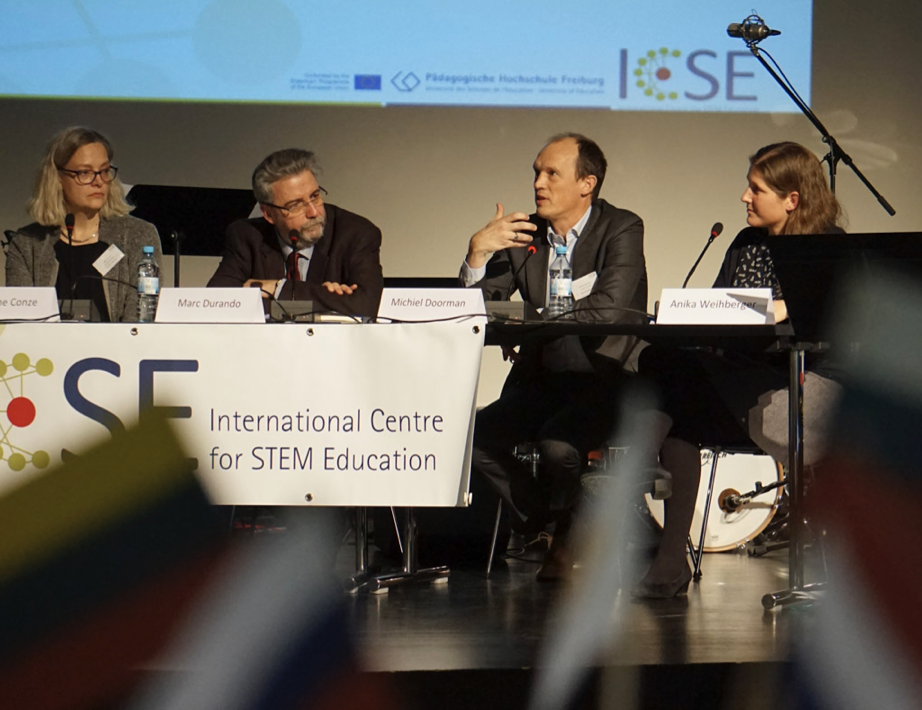
Vanuit Nederland waren aanwezig: Michiel Doorman, Monica Wijers en Vincent Jonker



